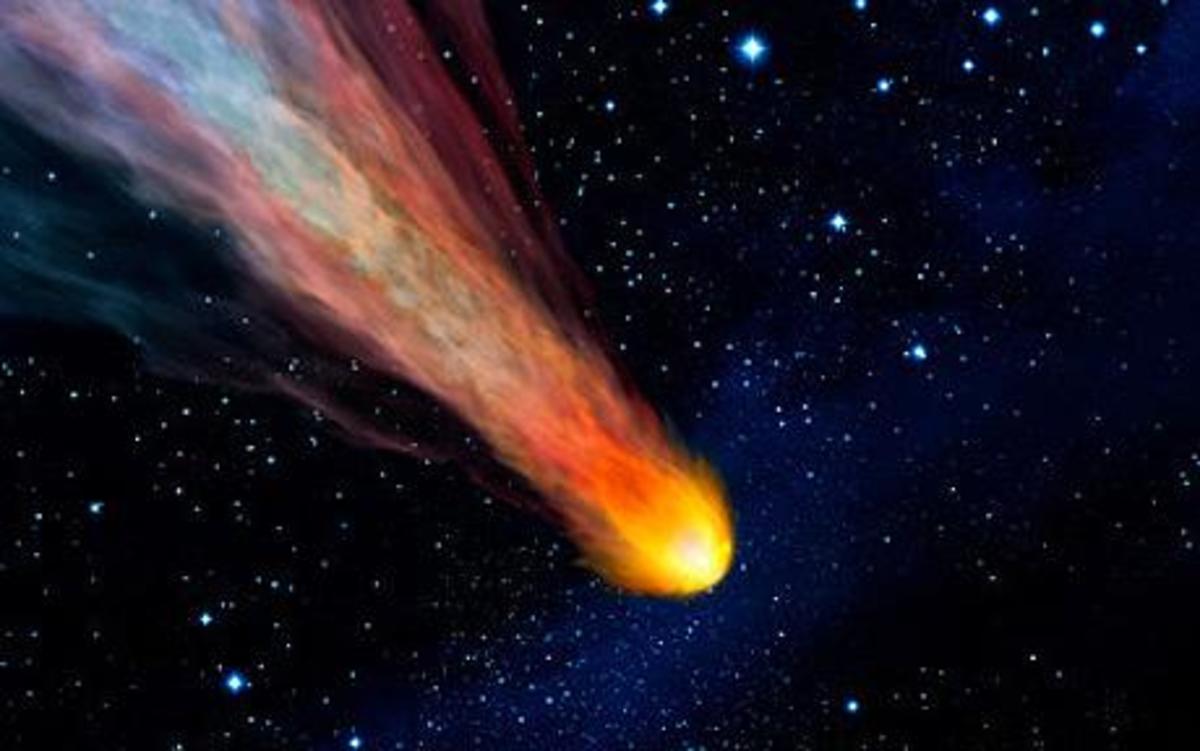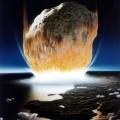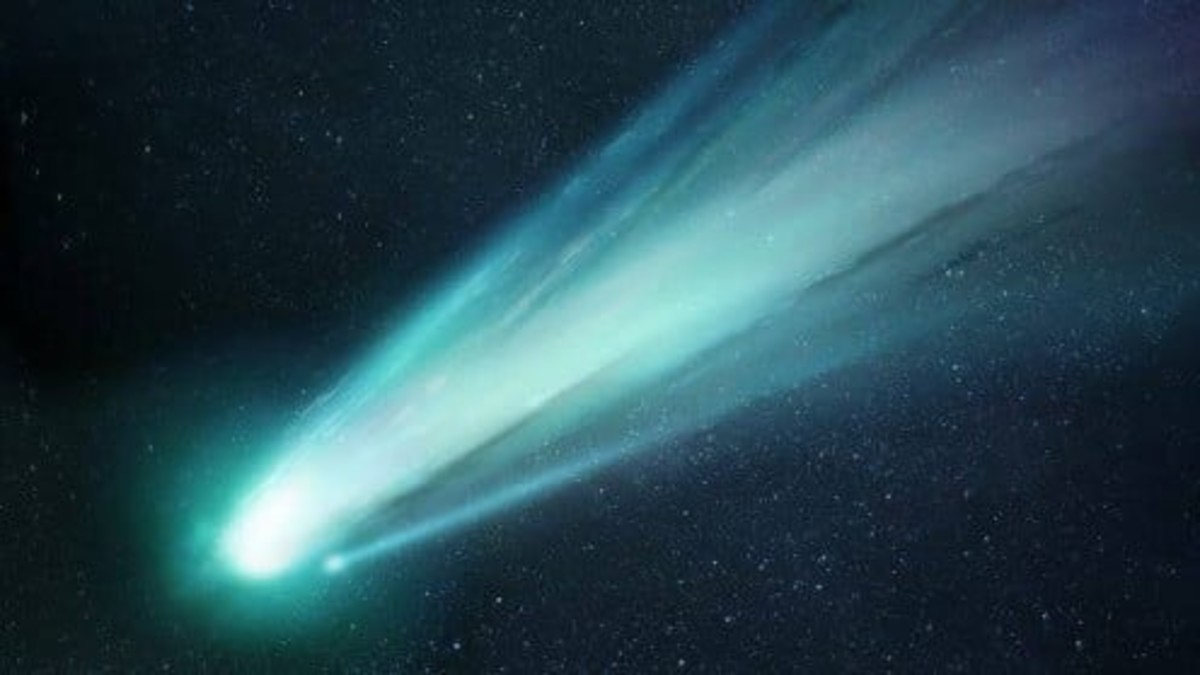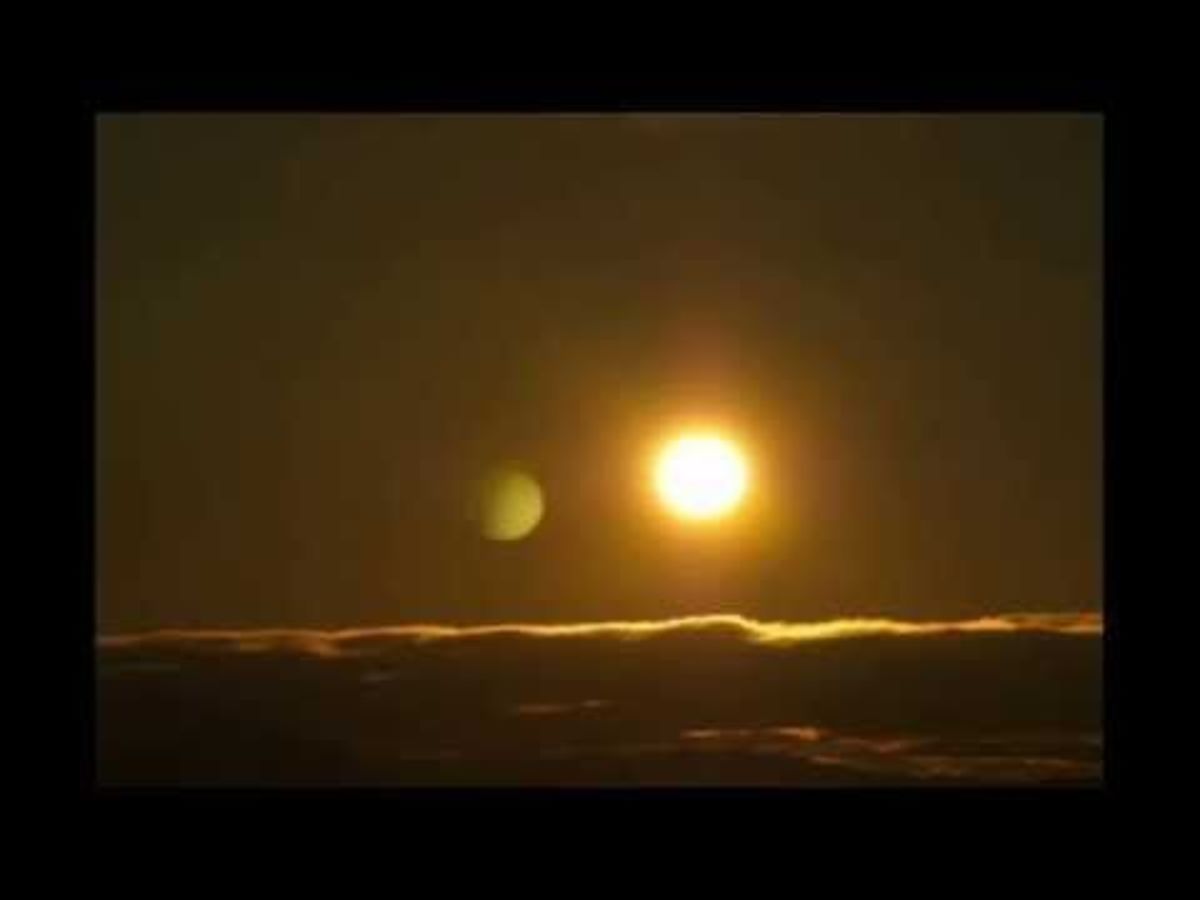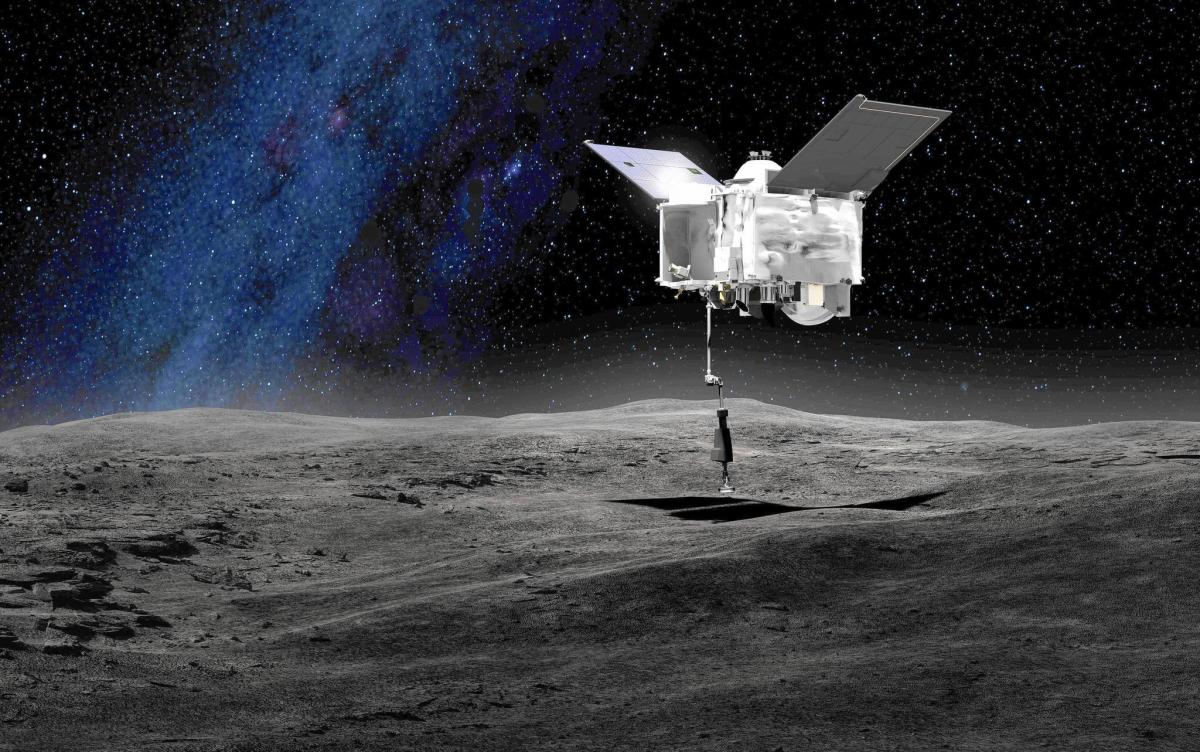Meteor Explodes Over Russia: February 15, 2013

Is This the End of the World?
Well, of course, everything comes to an end eventually. However, while the February 2013 event produced some stunning images, it was certainly not even close to a planet-killer class occurrence.
To be sure, this was a very scary thing for people who were in the area and witnessed it first-hand. As this rock entered the Earth's atmosphere, it heated up until it reached the point at which it exploded. This happened about 12 - 15 miles above the ground.
The sound of the initial explosion, and the smaller ones of the scattered pieces as they, in turn, exploded made for some frightening sounds, and people reported actually feeling the pressure wave from these explosions that were powerful enough to shatter much of the glass in buildings and in the case of one factory, collapse the roof.
Calendar of Meteor Showers
- EarthSky's meteor shower guide for 2013 | Astronomy Essentials | EarthSky
Between the Quadrantid meteor shower in early January and the Lyrid shower in April, there are some slow months for meteor-watching. Next up: Lyrids on April 22, 2013.
- Meteor Crater
Official website of the Meteor Crater Visitor Center in Arizona, USA. Visit the world’s best preserved meteorite impact site just minutes from Interstate 40 in Northern Arizona near Winslow. - June 30, 1908: The Tunguska Event | History of Geology, Scientific American Blog Network
How Often Does This Happen?
The truth is, space rocks and debris hit the Earth on a daily basis, and we don't even notice. Most of the pieces are so small that they burn up on entering our atmosphere, and in the daytime, don't even create enough of a burn to outshine the light of the sun.
When the sun is not up; we see these bright burning invaders of our night sky as "shooting stars," and have a fun tradition of making wishes upon them. There are certain times of the year when many can be seen on a single night. The Perseid's in mid-August and the Leonid's in mid-November are good examples. There are many others less well-known all through the year.
Historic and Prehistoric Impacts
There have been a number of significant impacts over the course of the Earth's history; most of the biggest ones were prehistoric. It is widely speculated and believed that it was a meteor strike that did in the dinosaurs. Unquestionably, any animals in the immediate area were instantly killed; probably incinerated, while the pressure shock waves probably killed many more in the surrounding areas.
The more lasting effects, though, are suspected to have been global climate change caused by massive amounts of dust being thrown into the atmosphere and blocking the sunlight. This would have caused the death of many more animals by starvation, as their food supplies failed.
The famous Meteor Crater in Arizona in the Southwestern United States was formed about 50,000 years ago. The fact that it is still visible, appearing much the same as it did when the dust had settled, is due to the arid climate of that area. Strikes in areas with a wetter climate are probably hidden under either overgrowth of forest or jungle, or have become lakes.
The most recent significant impact was the Tunguska Event in Siberia in 1908. Trees were blasted out in a circular pattern for miles around, all pointing away from the impact site. In 1908, however, science was much less advanced, and it was only fairly recently that the scientific community decided the cause was likely a meteor. (Some say comet--that is still under debate.)
All Known Strikes on Earth
- A Visual Map of all Known Meteor Strikes
A Meteorological Society mapping of all known meteor strikes that have ever hit the Earth, going back into pre-history.
People Were Hurt; Buildings Damaged
Because of the pressure wave described above, there were injuries in the February 2013 event in Russia. However, as of this writing, only 5 people were injured seriously enough to need hospitalization.
The rest of the injuries were in the nature of cuts from broken glass, bumps and bruises. It is probably a valid guess that many of those bumps and bruises were the result of panicked running, tripping and falling trying to escape from buildings.
In one case, the roof of a factory collapsed, but the news story there did not report injuries, so it is possible no one was inside at the time.
No Point toPanic
Have we been hit before? As we have seen, yes, lots of times. Will we be hit again? It is certain. Will this be the end of the world? No one knows. Events such as this are scary, but not worthy of constant worry and speculation.
The thing is, in modern times, we've seen countless "doomsday" predictions; all have proven wrong. The lesson to be learned is that the end of the world will happen in its own time, when and however it happens.
It is not an event we can know or predict, so there is no point wasting time and energy worrying about it. It is probably not likely in the lifetimes of ourselves or those of our grandchildren or even our great-grandchildren.
As science progresses, we are quite likely to develop ways to discourage large 'planet busters,' by means of launching spacecraft to nudge them out of their intercepting orbits. The actual process would be nothing even close to the drama seen in the movie, "Armageddon." It is best not to study physics, astrophysics, geology, or any other science by means of Hollywood offerings.
Movie Trailer for "Armageddon"
What to Believe?
The movie trailer has both some likely scenarios, and some very unlikely ones. If, in fact, a sizable chunk of space rock were to impact the Earth, the destruction of buildings as seen in those opening shots are probably close to real.
However, the entire astronaut sequence is pure Hollywood fiction. None of what is postulated in that movie is likely at all. A brief perusal of any scientific journal would prove that.
Believe that for the most part, we are safe; we see the big ones and know their orbits and time periods. So far, nothing even close to the movie event has been spotted anywhere near Earth. NASA does track them, as do observatories worldwide.
The February 2013 event was a smallish, rogue rock, and apparently unrelated to the much-publicized 'near pass' of the asteroid dubbed, "DA-14" that came between Earth and it's communications satellites on the same day. At that, it was still 17,000 miles away; not dangerously close by most estimates.
Be safe--stay safe by focusing on things closer to home like paying attention while driving. You're not so likely to die from an asteroid impact.


